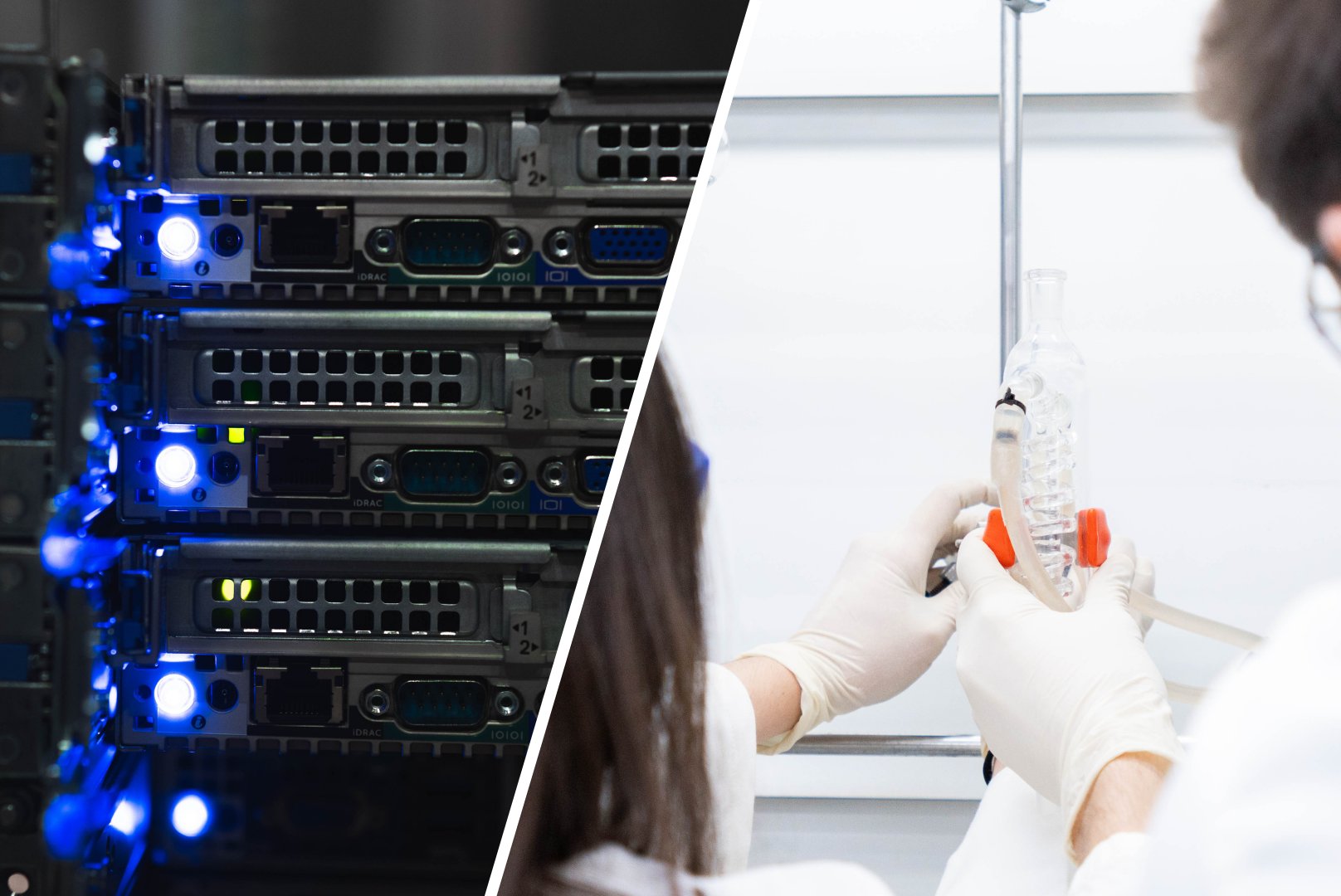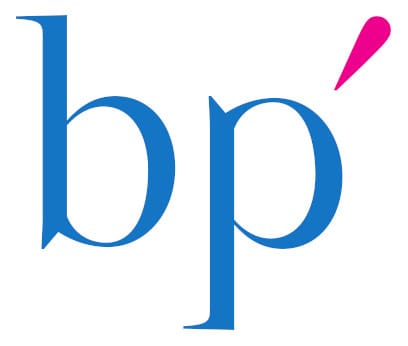Parabéns, Dr. Ferreira!
Pedro Ferreira, PhD student under the supervision of Prof. Pau Ballester (ICIQ), has defended his PhD thesis entitled “Stimuli-Responsive Calix[4]pyrrole and Calix[4]arene Based Receptors: from Unimolecular to Dimeric Structures” (assigned to the Analytical and Organic Chemistry Department of the Universitat Rovira i Virgili) publicly on June 14th.
The members of the evaluation committee were: Prof. Dr. Luis Sánchez Martín (Universidad Complutense), Dr. Laura Rodríguez Raurell (Universitat de Barcelona) and Dr. Larissa von Krbek (University of Bonn).
Dr. Ferreira is from Portalegre, a town in the centre of Portugal. In 2012, he moved to Lisbon where he did his bachelor’s in Applied Chemistry and a master’s in Bioorganic Chemistry at the Nova university of Lisbon. He then worked at the same university as a researcher for six months before joining the Ballester group at ICIQ to pursue his PhD. Outside the lab, he enjoys playing board games – especially the ones with a bit of strategy like Risk, Catan, Spirit Island etc. He also likes sci-fi movies and books. Marie Curie ITN
What drove you to become a scientist?
Chemistry was my plan B. When I was in high school, I wanted to become an actor, but in Portugal it’s very difficult so, I decided that first I would get a degree in science and then I’d focus on my acting career. But, as soon as I finished my bachelor’s I was extremely passionate about chemistry. So, I decided that chemistry was the career I actually wanted to pursue.
What is your thesis about?
My thesis focuses on the functionalisation of Calix[4]pyrrole and Calix[4]arene receptors for the assembly of hydrogen-bonded capsules. I used stimuli such as light or pH to change the thermodynamics of the system so that the capsules assemble and disassemble on command. In another part of my thesis, I studied responsive receptors as anion-transporters across a lipid membrane.
What did you like the most about your thesis?
That it’s multidisciplinary. In my group, we have a huge background in synthesis because we need to build the receptors and, in my case, I also use photochemistry to manipulate the systems. The assembly and disassembly of the capsules are very preliminary studies for cargo deliveries or controlled drug delivery. I would like to see a direct use of my work – albeit it’s still far from any application.
What ICIQ moment you’ll never forget?
There were several, but during my first year, at 5pm everyone in the lab took a break. We would have a drink, talk to get our minds off work and support each other. For someone who comes from a different country, this made it feel like a family, I really appreciated it!
What’s next?
I’m going to take some time off, and then start a postdoc. I’ll focus on the synthesis of switches for energy storage. Eventually, I’d like to work in industry, but I feel I want to learn more things first and the future isn’t set in stone, so I’ll see how things evolve.
Chemistry is fun because…. once we learn/understand something we keep pushing the limits to see how far we can take it.
If you were a piece of lab equipment, what would you be?
A LED strip because they are bright and gives energy, and without them I could not have performed my research.
Tell us something about you most people don’t know: all my education until university was arts-oriented, I combined the conservatory (music school), where I studied violin, and regular classes until high school. Before doing chemistry I actually wanted to become a theatre actor!
Related news

Let's create a brighter future
Join our team to work with renowned researchers, tackle groundbreaking
projects and contribute to meaningful scientific advancements







 30-10-2024
30-10-2024 


















